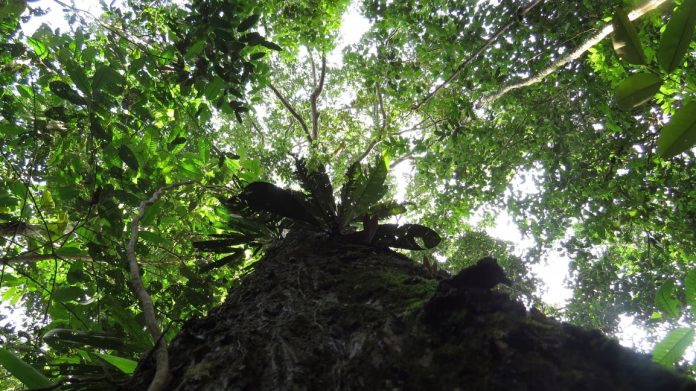After widespread criticism from exporting countries and the EU’s states, the European Commission on Wednesday proposed to delay by one year the entry into force of a rule banning exports of soya beans, meat, coffee and palm oil, among other products, from areas where deforestation has taken place after 2020.
The EU free deforestation regulation (EUDR) was due to come into force at the end of this year, but under pressure from companies and exporting countries, the EU executive said it would propose to delay it by a year.
The Commission said the extra 12 months will serve as a transition period to ensure “proper and effective” implementation of the directive.
The Finnish Trade Association expressed its relief at the Commission’s proposal. In a statement, the association thanked the Commission for the proposal for a delay and expressed its satisfaction that the Commission had “heard the voice of the industry.”
Association director Kari Luoto said the trade industry fully supports the objectives of the forest destruction directive, but it was both unclear in its content and infeasible in its initial implementation timeline.
The association noted that the directive requires companies to provide exceptional detailed data on certain product groups, but it is difficult to obtain such data from countries outside the EU. In addition, the association argues that the Commission has failed to provide companies with sufficient guidance to support the implementation of the directive.
Environmentalists are outraged
Environmentalists have condemned the decision as they see the law as a major breakthrough in the fight to protect nature and the climate.
Environmental group Mighty Earth called the proposed delay “an act of natural vandalism,” while the group’s senior policy director Julian Oram said the delay was “like throwing a fire extinguisher out of the window of a burning building.”
Greenpeace called the delay “inexcusable.” EU chief Ursula von der Leyen “could have taken up the chainsaw herself,” it added.
In Argentina, the news was welcomed by oilseed and cereal exporters, as well as agriculturalists. In this regard, the Chamber of the Oil Industry of the Argentine Republic and the Grain Exporters Centre (CEC) said they “welcome the postponement of the implementation of the European regulation on free deforestation.” For exporters “negotiation tables must now be found to renegotiate certain aspects such as physical segregation and non-recognition of national forest legislation.” The EC measure included Argentine exports of soya meal and meat worth about $4.6 billion a year.
